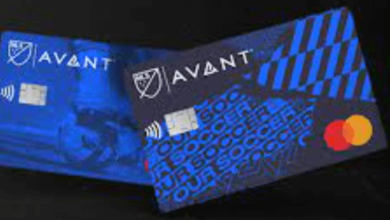07721 Mobile Number Breakdown: Tracing the Origins of UK Mobile Numbers

The 07721 mobile number prefix serves as a pivotal marker in the UK’s telecommunications landscape. It represents a deliberate effort by Ofcom to refine number allocation, thus enhancing service provider differentiation. This prefix has emerged amidst the growing demand for mobile communication, reflecting technological advancements. Understanding its implications requires a closer examination of its origins and the broader context of mobile number formats. What does this reveal about the future of mobile connectivity?
The Evolution of Mobile Numbers in the UK
As mobile technology advanced, the structure of mobile numbers in the UK underwent significant changes to accommodate growing demand and emerging technologies.
The mobile number history reveals a progression from simple numbering formats to complex systems driven by the necessity for increased capacity.
Notable numbering system changes included the introduction of new prefixes and the expansion of number lengths, ensuring efficient communication for an expanding user base.
Understanding the 07721 Prefix
Although the 07721 prefix may appear similar to other mobile number formats, it holds specific significance within the UK telecommunications landscape.
This prefix is classified under a unique number classification system, distinguishing it from standard mobile numbers. Its prefix significance lies in identifying specific service providers, thereby facilitating efficient communication and resource allocation within the network, ultimately enhancing connectivity for users.
The Role of Ofcom in Number Allocation
Ofcom plays a pivotal role in the allocation of mobile numbers within the UK, ensuring a systematic approach to managing the finite resource of telecommunications numbers.
Through stringent Ofcom regulations, the allocation process facilitates fair distribution among mobile networks.
Furthermore, it supports number portability, enabling consumers to switch providers while retaining their numbers, thereby enhancing competition and consumer freedom within the telecommunications landscape.
Implications of Mobile Number Formats
The implications of mobile number formats extend beyond mere organization, influencing various aspects of telecommunications and user experience.
Mobile number regulations dictate how numbers are structured, impacting service accessibility and compatibility.
Additionally, formats affect international dialing, as inconsistencies can lead to connectivity issues.
Understanding these implications is crucial for users seeking seamless communication across borders while navigating a complex regulatory landscape.
Conclusion
In reviewing the evolution of UK mobile numbers, the emergence of the 07721 prefix coincides with significant advancements in telecommunications and regulatory frameworks. This prefix not only serves as a marker for specific service providers but also illustrates Ofcom’s strategic role in fostering competition and efficient communication. The structured allocation of numbers like 07721 reflects a broader trend towards optimized connectivity, underscoring the intricate balance between technological progress and regulatory oversight in shaping the mobile landscape.





